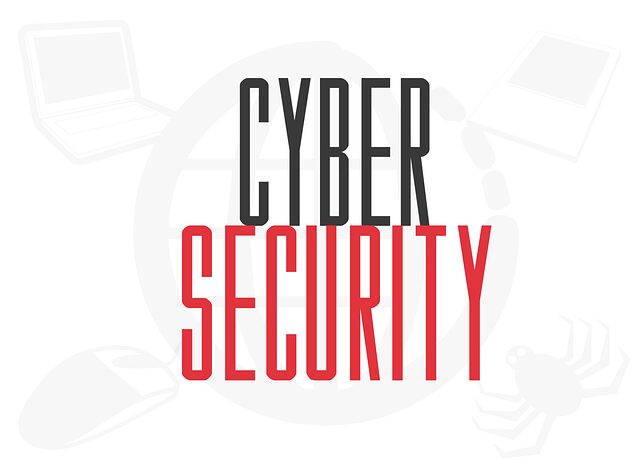Your Cybersecurity Career with (ISC)² CISSP
The Certified Information Systems Security Professional (CISSP) certification is important in cybersecurity. It can lead to good job opportunities and higher pay. At ITCourses we offer a online course on how to pass the CISSP certification. Let’s look at what CISSP is and why it matters.
Key Takeaways
- CISSP is a globally recognized certification for cybersecurity professionals
- It covers 8 crucial domains of information security
- Requires 5 years of full-time work experience in security
- Can lead to higher salaries and better job opportunities
- Valued by employers worldwide in various industries
- Demonstrates expertise in protecting computer systems and information
- Continual learning and recertification required to maintain status
What is CISSP?
CISSP is a certification from (ISC)², a group that makes sure cybersecurity professionals know their stuff. It’s been around since 1994 and is very popular. As of July 2022, 156,054 people worldwide had this certification!
CISSP shows that someone knows a lot about information security. It covers both technical and management parts of cybersecurity. This makes CISSP holders valuable in many types of organizations.

Why CISSP Matters
Getting a CISSP certification can really help your career. It shows employers you know how to keep computer systems and information safe. Many big companies and even governments look for people with this certification for important security jobs.
CISSP is valuable because it shows you understand all parts of information security. It’s not just about setting up firewalls or finding hackers; it’s about seeing how security fits into an organization’s big picture.
Here are some cool facts about CISSP:
CISSP Certification Benefits
What You’ll Learn
CISSP covers 8 important areas of cybersecurity. These are called “domains,” and they include:
- Security and Risk Management
- Asset Security
- Security Architecture and Engineering
- Communication and Network Security
- Identity and Access Management
- Security Assessment and Testing
- Security Operations
- Software Development Security
Learning about these domains will help you understand how to protect computer systems and information from bad guys. Each domain is important for creating a good security plan:
- Security and Risk Management is about finding threats and managing risks.
- Asset Security teaches you how to protect important information and resources.
- Security Architecture and Engineering covers designing and building secure systems.
- Communication and Network Security deals with keeping data safe as it moves through networks.
- Identity and Access Management makes sure only the right people can access sensitive information.
- Security Assessment and Testing checks if security measures are working well.
- Security Operations covers daily activities to keep things secure.
- Software Development Security focuses on making applications secure from the start.
How to Get Certified
Becoming CISSP certified isn’t easy, but it’s worth it. Here’s what you need to do:
- Get at least 5 years of work experience in cybersecurity
- Study hard for the exam
- Pass the CISSP exam (it’s pretty tough!)
- Get endorsed by another CISSP holder
The exam costs $749, and you’ll need to keep learning new things every year to keep your certification. This helps you stay up-to-date with the latest in cybersecurity.
CISSP in the Job Market
Having a CISSP certification can help you stand out when looking for a job. Many companies see it as a sign that you’re serious about cybersecurity and have the skills to protect their important information.
Here are some jobs that often look for CISSP certification:
- Chief Information Security Officer (CISO)
- Security Analyst
- Security Architect
- IT Director
- Security Consultant
These jobs can pay really well, too. Some CISSP holders make over $100,000 a year! This shows how important these roles are in protecting organizations from cyber threats.
Getting Ready for CISSP
If you’re thinking about getting CISSP certified, here are some tips to help you prepare:
- Get hands-on experience in cybersecurity
- Study the official CISSP books and materials
- Take practice exams to test your knowledge
- Join study groups or online forums to learn from others
- Check out our CISSP exam preparation resources
Remember, preparation is key to success. The CISSP exam is known to be tough, so it’s important to spend enough time studying. Many people spend several months getting ready for the exam.
The Future of CISSP
As cyber threats keep changing and getting more complex, CISSP certification will likely become even more important. Organizations are realizing they need skilled cybersecurity professionals, and CISSP is a good way to show you have this expertise.
With new technologies like artificial intelligence, Internet of Things (IoT), and cloud computing, cybersecurity professionals have more to do. CISSP holders are in a good position to adapt to these changes and lead the way in securing these new technologies.
Wrapping Up
CISSP is a powerful certification that can really boost your cybersecurity career. It shows that you know how to keep information safe. While it takes hard work to earn, the benefits – like better job opportunities and higher pay – make it worth the effort.
If you’re serious about a career in cybersecurity, CISSP is definitely worth considering. It’s a great way to prove your skills and open doors to exciting opportunities in this growing field. The certification covers all aspects of information security, making you valuable to any organization.
Start your CISSP certification journey with ITCourses and take the first step towards becoming a cybersecurity expert!

